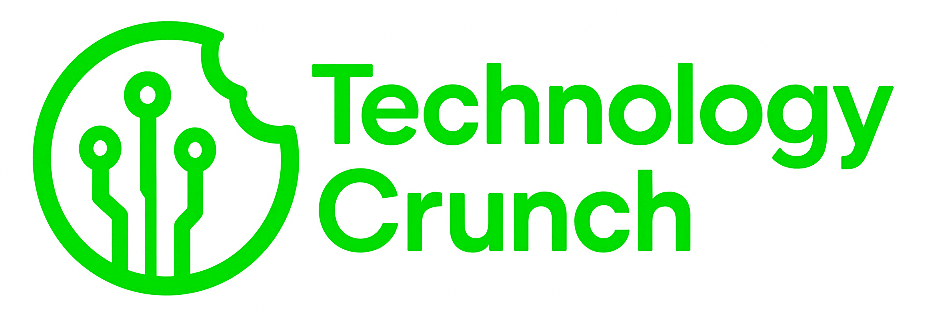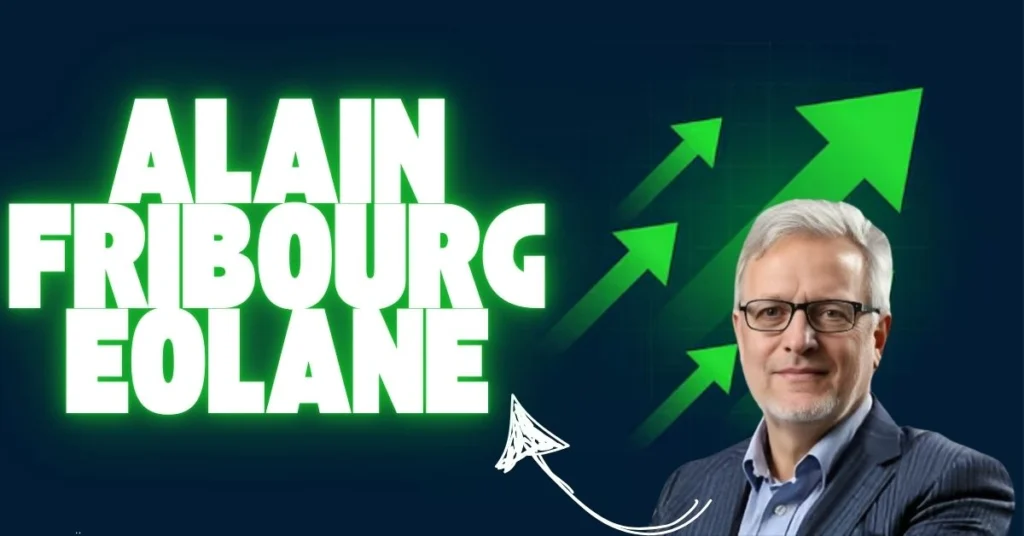In the landscape of European industrial electronics, one name stands as a symbol of strategic innovation and resilient leadership—Alain Fribourg Eolane. The synergy between this influential executive and the company he leads reveals a narrative that encapsulates transformation, ambition, and forward-thinking management in the face of global challenges. More than just a CEO, Alain Fribourg has become synonymous with the evolution of Eolane from a regional electronics service provider into a significant international player.
The world of electronics manufacturing services (EMS) is unforgiving, characterized by high pressure from global markets, technological disruption, and the constant need for optimization. Many companies struggle to balance these forces. Few have navigated them as effectively as Alain Fribourg Eolane under the guidance of Alain Fribourg. His tenure has not only revitalized the organization but repositioned it at the intersection of innovation and sustainability.
A Turning Point in Leadership
When Alain Fribourg Eolane assumed executive leadership at Eolane, the company was at a critical juncture. Once a thriving French firm known for its engineering expertise and reliable manufacturing capabilities, Eolane had begun to feel the strain of international competition, changing market dynamics, and operational inefficiencies. The economic climate demanded more than conventional cost-cutting; it needed visionary leadership capable of reshaping the corporate strategy from the ground up.
Fribourg brought with him a background steeped in finance and restructuring, but what truly set him apart was his capacity to blend operational discipline with long-term vision. From the start, Alain Fribourg Eolane embodied a new kind of leadership—one that valued technological innovation as much as financial resilience. He emphasized not only trimming excess but identifying core strengths and expanding them through smart investments and partnerships.
Modernizing a Legacy
The challenge before Alain Fribourg Eolane was twofold: restore profitability while preparing the company for the next industrial age. Eolane had long been recognized for its deep engineering know-how, particularly in the design and production of electronic circuits and embedded systems. However, this expertise needed to be recalibrated in the context of emerging technologies such as the Internet of Things (IoT), Industry 4.0 automation, and energy-efficient solutions.
Fribourg initiated a comprehensive audit of the company’s assets, markets, and workforce. Redundancies were removed, underperforming sites were restructured or closed, and a series of investments were made in upgrading production facilities to align with smart manufacturing practices. Yet, what distinguished Alain Fribourg Eolane during this period wasn’t just the technical upgrades—it was his insistence on cultural transformation.
Alain Fribourg Eolane championed internal innovation hubs where engineers and technicians were empowered to experiment with new designs, interfaces, and production methods. He redefined success to include sustainability and employee engagement, fostering a work environment where technological advancement and human capital development were not in competition but interlinked.
Navigating a Global Landscape
While domestic restructuring was necessary, Eolane’s future clearly pointed toward global expansion. The EMS market has seen rapid shifts, particularly with the rise of Chinese manufacturers offering large-scale, cost-effective production. Competing at this level required not just efficiency but agility and specialization.
Under Fribourg’s leadership, Eolane expanded into new international markets, strengthening its footprint in Asia and North Africa. Strategic partnerships with local entities allowed the company to adapt to regional conditions without compromising on quality or operational control. These alliances enabled Eolane to offer a hybrid model: global reach with local expertise.
As the company expanded, Alain Fribourg Eolane became more than a corporate signature—it became a case study in how European mid-sized firms could remain competitive on a global scale. His strategy included diversifying revenue streams, with investments in defense, medical, energy, and transport sectors. This diversified portfolio helped insulate the company from the cyclical nature of any single industry.
Innovation as a Core Pillar
Fribourg’s tenure marked a decisive shift toward research and development. Eolane, once known primarily as a contract manufacturer, began to position itself as a value-added partner capable of contributing to product ideation and design. By investing in R&D facilities and creating cross-functional design teams, Fribourg encouraged a shift from commoditized production to differentiated solutions.
One notable outcome of this approach was Eolane’s development of connected technologies tailored for the energy and healthcare sectors. These products were not only more profitable but aligned with global trends in smart systems and sustainable infrastructure. The approach created a new revenue model that relied as much on intellectual property as on manufacturing capacity.
Internally, employees reported a greater sense of purpose and creativity. Externally, clients began to see Alain Fribourg Eolane not just as a vendor but as a strategic collaborator. Through the leadership of Alain Fribourg Eolane, the company embraced a culture of proactive innovation, positioning itself for the next technological wave.
Challenges and Crisis Response
No industrial transformation occurs without setbacks, and Fribourg’s time at Eolane has had its share. The COVID-19 pandemic, for instance, threatened to upend the global supply chain. Like many manufacturers, Eolane faced difficulties in sourcing raw materials, meeting delivery deadlines, and maintaining production while ensuring employee safety.
Fribourg’s response was swift and multifaceted. He instituted crisis management protocols, diversified supplier networks, and accelerated digital adoption across all departments. This included rolling out remote collaboration tools for design teams, enhancing cybersecurity infrastructure, and implementing predictive analytics in supply chain management.
Perhaps most impressively, Alain Fribourg Eolane used the crisis not merely as a moment to survive, but as an opportunity to evolve. The lessons learned from the pandemic became the foundation for a more resilient, technology-driven business model.
A Sustainable Vision
Environmental responsibility has become a defining feature of modern industrial leadership. Under Fribourg’s guidance, Eolane has made strong commitments to sustainability—not just in compliance with regulations, but as a core corporate value.
From reducing carbon emissions in production lines to sourcing components from ethical suppliers, the company now integrates environmental impact assessments into its strategic planning. Employees are trained in sustainable practices, and the organization reports transparently on its ESG (Environmental, Social, Governance) goals.
This proactive stance reflects Alain Fribourg Eolane leadership style: pragmatic yet principled, innovative yet grounded in responsibility. For Fribourg, sustainability isn’t an add-on; it’s a necessity in building a business that can last.
Shaping the Future
Today, Eolane stands as a company transformed—not just structurally or financially, but culturally. It is more agile, more diversified, and more future-facing than it was a decade ago. Much of this can be attributed to the strategic vision of one man whose name has become almost inseparable from the brand.
But Fribourg’s journey isn’t only about corporate success. It’s also a lesson in the human dimension of leadership. He didn’t arrive with easy answers or grandstanding. He listened, studied, and acted methodically. He invited his teams to participate in change rather than be subjected to it. He communicated not just through memos but through presence and example.
In interviews and public appearances, he often emphasizes humility and service. This modesty has endeared him to employees and earned the respect of peers across the industry. The success of Alain Fribourg Eolane can’t be measured solely by market share or profit margins; it must also be understood through the lens of organizational well-being and long-term viability.
Beyond the Numbers
Leadership in the industrial sector often gets distilled into spreadsheets and KPIs. But to truly understand the legacy of someone like Fribourg, one must look beyond the metrics. He is reshaping what it means to lead in manufacturing—a domain often thought immune to culture, creativity, or purpose.
His approach proves that profit and principle can coexist. That modernization does not have to erase heritage. That even in a field driven by machines and output, people remain at the core.
Alain Fribourg Eolane exemplifies this humanistic approach. His story, still unfolding, invites other leaders to consider a path that balances innovation with responsibility, expansion with humility, and efficiency with care.
As Eolane continues to evolve, new challenges will emerge—climate disruption, geopolitical instability, shifting trade dynamics. But with a foundation built on adaptive strategy and inclusive leadership, the company is positioned to face them head-on.
Whether in boardrooms, production sites, or R&D labs, Fribourg’s presence is still felt. Not as a distant executive, but as a figure who believes that true leadership is about guiding people through complexity with clarity, purpose, and empathy.

